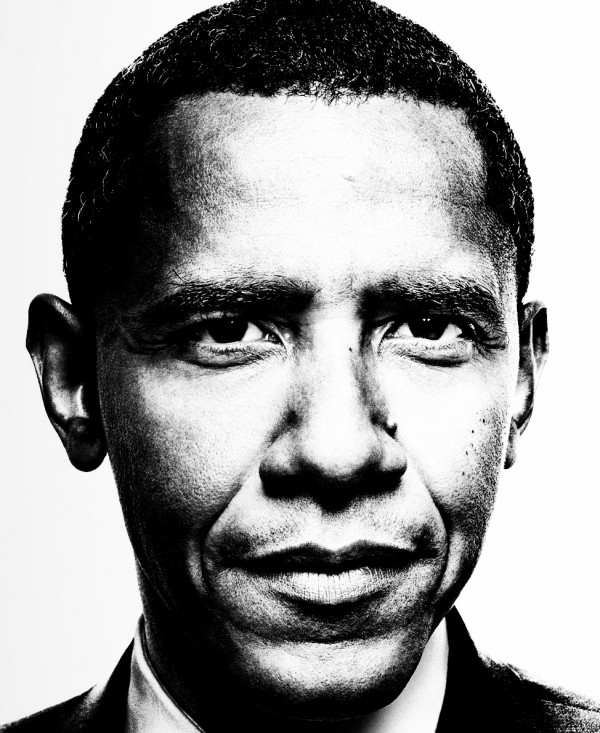Photo by PLATON
THE NEW YORKER: Romney has embraced the values and the priorities of a Republican Party that has grown increasingly reactionary and rigid in its social vision. It is a party dominated by those who despise government and see no value in public efforts aimed at ameliorating the immense and rapidly increasing inequalities in American society. A visitor to the F.D.R. Memorial, in Washington, is confronted by these words from Roosevelt’s second Inaugural Address, etched in stone: “The test of our progress is not whether we add more to the abundance of those who have much; it is whether we provide for those who have too little.” Romney and the leaders of the contemporary G.O.P. would consider this a call to class warfare. Their effort to disenfranchise poor, black, Hispanic, and student voters in many states deepens the impression that Romney’s remarks about the “forty-seven per cent” were a matter not of “inelegant” expression, as he later protested, but of genuine conviction.
Romney’s conviction is that the broad swath of citizens who do not pay federal income tax—a category that includes pensioners, soldiers, low-income workers, and those who have lost their jobs—are parasites, too far gone in sloth and dependency to be worth the breath one might spend asking for their votes. His descent to this cynical view—further evidenced by his selection of a running mate, Paul Ryan, who is the epitome of the contemporary radical Republican—has been dishearteningly smooth. He in essence renounced his greatest achievement in public life—the Massachusetts health-care law—because its national manifestation, Obamacare, is anathema to the Tea Party and to the G.O.P. in general. He has tacked to the hard right on abortion, immigration, gun laws, climate change, stem-cell research, gay rights, the Bush tax cuts, and a host of foreign-policy issues. He has signed the Grover Norquist no-tax-hike pledge and endorsed Ryan’s winner-take-all economics.
If the keynote of Obama’s Administration has been public investment—whether in infrastructure, education, or health—the keynote of Romney’s candidacy has been private equity, a realm in which efficiency and profitability are the supreme values. As a business model, private equity has had a mixed record. As a political template, it is stunted in the extreme. Private equity is concerned with rewarding winners and punishing losers. But a democracy cannot lay off its failing citizens. It cannot be content to leave any of its citizens behind—and certainly not the forty-seven per cent whom Romney wishes to fire from the polity. Private equity has served Romney well—he is said to be worth a quarter of a billion dollars. Wealth is hardly unique in a national candidate or in a President, but, unlike Franklin Roosevelt—or Teddy Roosevelt or John Kennedy—Romney seems to be keenly loyal to the perquisites and the presumptions of his class, the privileged cadre of Americans who, like him, pay extraordinarily low tax rates, with deductions for corporate jets. They seem content with a system in which a quarter of all earnings and forty per cent of all wealth go to one per cent of the population. Romney is among those who see business success as a sure sign of moral virtue. MORE

